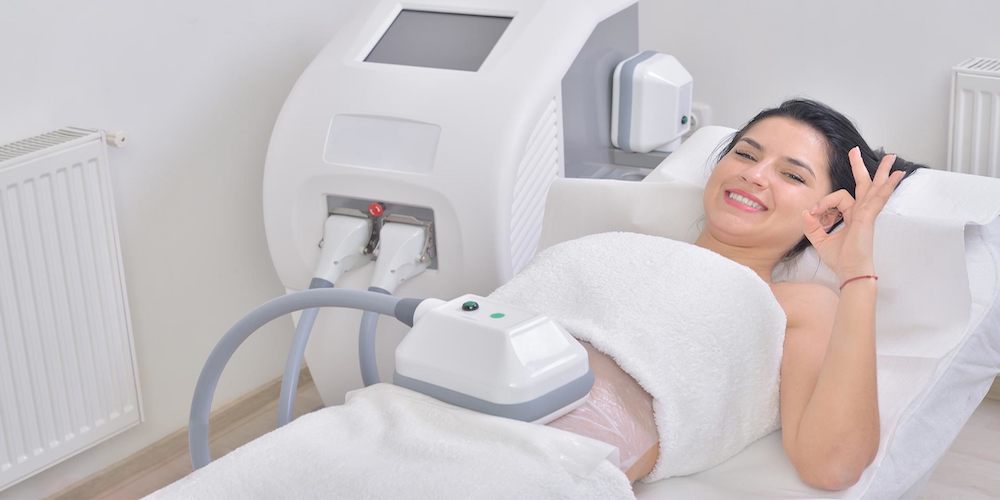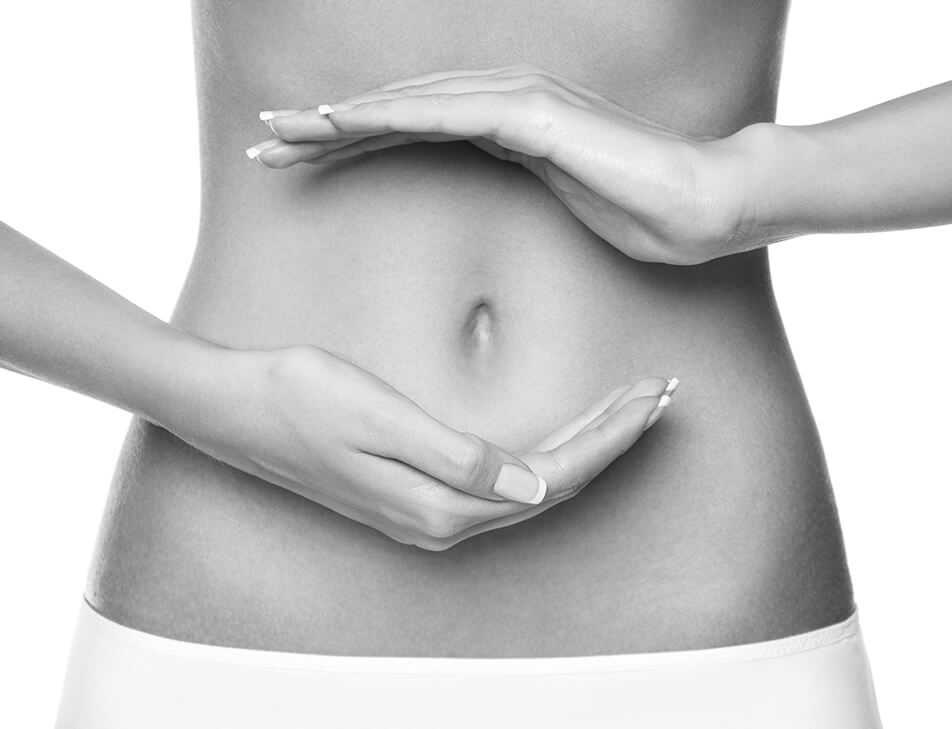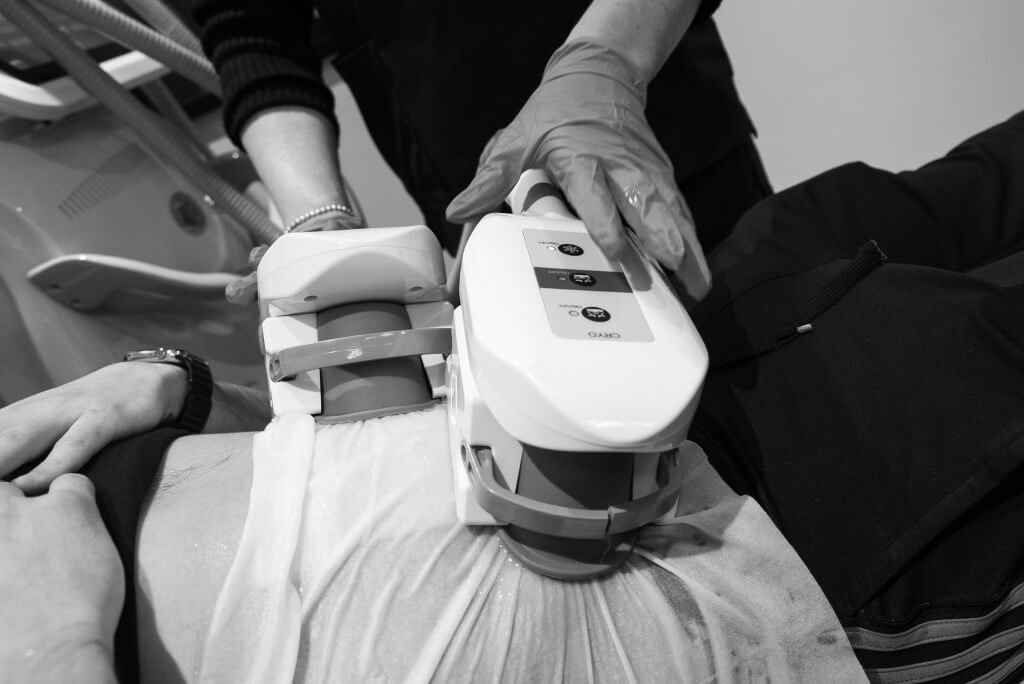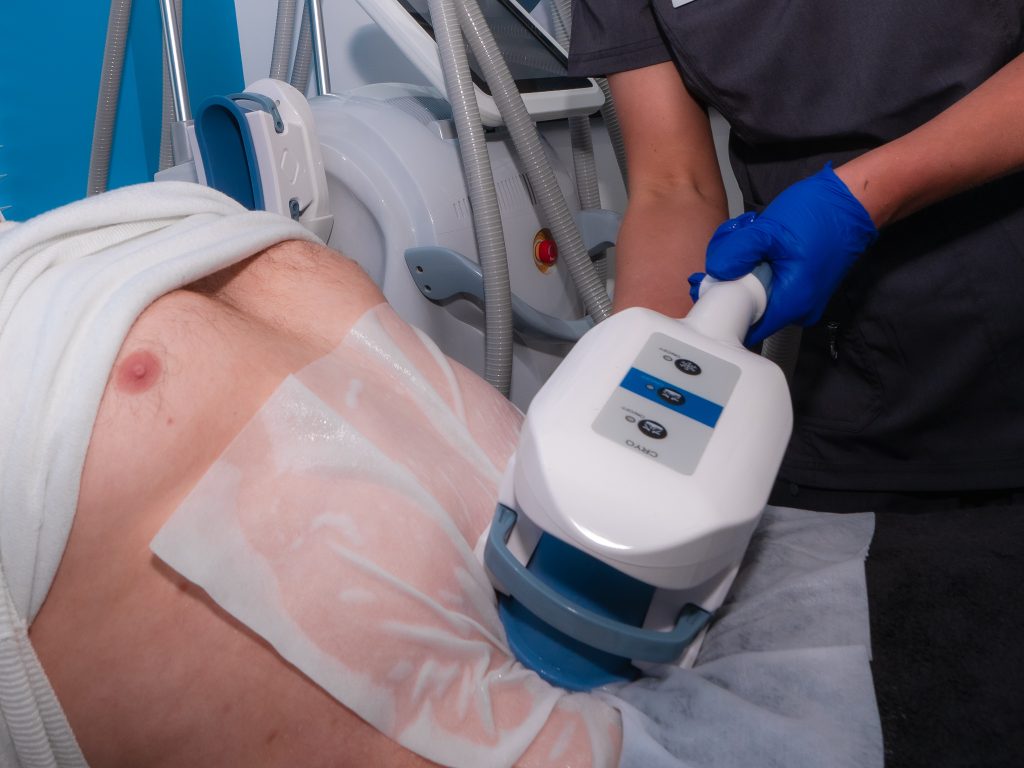Understanding the Risks of Fat Freezing

Estimated reading time 4 minutes
Fat freezing has become a very popular treatment across the world, not just in Newcastle Upon Tyne.
Fat Freezing, also called Cryolipolysis, is a medical procedure that helps get rid of excess fat cells underneath your skin. While there are several benefits to Fat Freezing, it’s important to be aware of the risks if you’re considering this procedure.
During a Fat Freezing procedure, an aesthetic practitioner uses a special tool to cool certain parts of your body to freezing temperature (below minus 9 degrees). The procedure freezes and kills fat cells in the part of your body that you’re having treated, for example the stomach and love handles. Within a few weeks post procedure, these dead fat cells are naturally broken down and flushed out of your body through your lymphatic system. Fat Freezing has been certified as a safe medical treatment for the reduction of fat.
Fat Freezing has many benefits over traditional liposuction. It’s nonsurgical, noninvasive, and requires no down time. It is very effective in the reduction of unwanted fat cells in a given treatment area by up to 20 to 25 percent. However, as with any cosmetic treatment there are several side effects, and it’s not recommended for everyone. Keep reading to learn more about the risks of fat freezing
Fat Freezing Risks
Some common side effects of Fat freezing or Cryolipolysis include:
- Tugging sensation at the treatment site – During a fat freezing procedure, your aesthetic practitioner will suck the stubborn fat between two cooling panels on the part of your body that’s being treated, for example your stomach. This can create a sensation of tugging or pulling , however this only last a few minutes until the device cools you down to below minus 9 degrees.
- Pain, stinging, or aching at the treatment site – Researchers have found that a common side effect of Fat Freezing is pain, stinging, or aching at the treatment site. These sensations typically begin soon after treatment until about two weeks after treatment.
- Paradoxical adipose hyperplasia at the treatment site – A very rare but serious side effect of Fat Freezing is paradoxical adipose hyperplasia. It occurs most in men. This means the fat cells in the treatment site grow larger rather than smaller. It’s not fully understood why this occurs. While it’s a cosmetic rather than physically dangerous side effect, paradoxical adipose hyperplasia doesn’t disappear on its own.
Common Fat Freezing side effects include the following, all located where the treatment was done:
- temporary redness
- swelling
- bruising
- skin sensitivity
These are caused by exposure to cold temperatures. They usually go away on their own after a few weeks.
If you have any of the following health conditions you can NOT have Cryolipolysis:
- Liver or kidney problems
- Heart or lung conditions
- Raynaud’s disease or other vaso constrictive disorders
- Sufferers of physiological hypotonic (lacking in muscle tone/muscle or tissue wastage)
- Cardiovascular or cerebral diseases (issues with blood flow to heart or brain)
- Immune system disease (including AIDS or HIV) or Urticaria
- Hypoproteinemia or hyperproteinemia (high or low levels of protein in the blood)
- Frostbite Intolerance
- Umbilical hernias, hernias or weak stomach muscle walls (past or present – abdominal treatments only)
- Severe diabetes, elderly infirm or young children
- Post invasive surgery (in the treatment area – wait at least 12 months and avoid any scar)
- Artificial implants, bone, (in the treatment area)
- Persons with metal plates or joint implants (in the treatment area) ]
- Sites of prior cosmetic surgery (area specific only)
- Pregnancy & immediately following birth (3 months’ natural birth, 12 months C-Section)
- Thrombosis, or taking an anticoagulant
- Breastfeeding
- Epilepsy
If you have any of the following health conditions, you will need a letter of consent from your GP or medical practitioner:
- Scarring history, fibrosis or seborrhoea
- Hyper or Hypotension (high or low blood pressure)
- Under 18
- Haemophiliacs or hemorrhagic disorders
- Certain immune disorders
- Persons who have donated or received organ transplants After recovery from cancer, must have been off medication for 12 months and have GP approval prior to treatment.
Fat Freezing and obesity
It’s also important to note that Fat Freezing is NOT a treatment for obesity. Rather, it can help eliminate small amounts of excess fat that doesn’t easily go away with diet and exercise alone.


